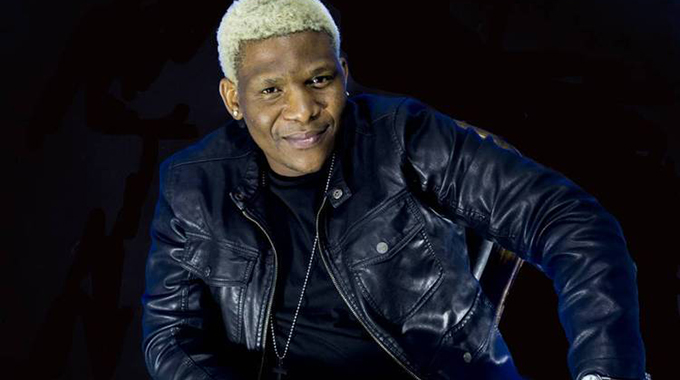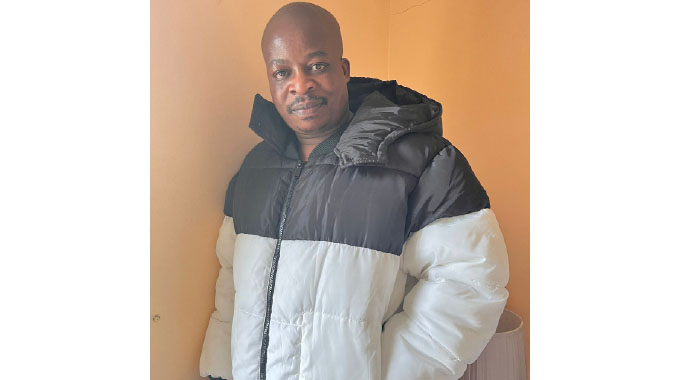From Bruce, Drogba to Auba . . .Thirty four years of African success stories

Robson Sharuko Senior Sports Editor
IT’S been a long romance, started by Bill Perry in 1953, before Bruce Grobbelaar blazed a trail in 1986 and Pierre-Emerick Aubameyang became the first African captain to lift the FA Cup in its 149-year history.
In between the 67 years, of African participation in the FA Cup final, Didier Drogba transformed himself into the dominant player in the tournament.
He won four titles with Chelsea and his record, of scoring in four different finals, is unmatched in the history of the world’s oldest, and most prestigious, knock-out football tournament.
Thirteen years ago, the Ivorian football legend became the first African to score a goal in the final, his strike in the 116th minute, firing the Blues to victory over Manchester United.
On Saturday, Gabonese legend Aubameyang became the first African footballer to captain a side to victory in the FA Cup final.
His brace powered Arsenal to success with a come-from-behind 2-1 win over Chelsea.
Aubameyang was the star of the show, dragging his side back into the match with the equaliser from the penalty spot, and then scoring the winner with a gem of a goal. He teased his marker, selling him a dummy as if he was cutting inside, before dragging himself free of the defensive wall.
Then, parading his full range of the marksmanship which have turned into a world-class star, he moved into the kill zone.
And, with the composure of a deadly assassin, Aubameyang clipped the ball over the goalkeeper for a goal which was worth the occasion.
At 31, he became the oldest player to score for the Gunners in the FA Cup since 1923 and the first man to score twice in the final, after also scoring twice in the semi-final, since Ian Rush in 1986.
The winning goal came exactly 67 years since Johannesburg-born Perry became the first footballer born in Africa,to score a goal in the FA Cup final in 1953.
Known as the “Matthews Final’’, after the standout performance of the then English forward, Stanley Matthews, turned the match on its head, Perry had the final say with the winning goal, in the 92nd minute, as Blackpool came from 1-3 down to beat Bolton Wanderers 4-3.
Stan Mortensen scored a hat-trick for Blackpool in that match.
Perry then went on to earn three caps playing for the England national team.
However, the first black African footballer to feature in the FA Cup final was Albert Johanneson when he was part of the Leeds United side in the 1965 showdown against Liverpool.
The Reds won the match 2-1 and Johanneson was heavily criticised for playing in the showpiece game despite having picked up an injury, a few days earlier, in a match against Birmingham City.
Leeds would win the tournament, seven years later, but Johanneson — who opened the path for South Africans like Lucas Radebe and Phil Chippa Masinga to move to the club after the country’s independence — had already left Leeds United.
It was then left to Zimbabwe football legend, Grobbelaar, to make history as the first African to win the FA Cup when he helped Liverpool beat Everton 3-1 at Wembley in 1986.
A week earlier, Liverpool had won the league title while Everton finished second.
In the all-Merseyside showdown, Gary Lineker fired Everton into a first-half lead before the Reds fought back to win the contest 3-1 through goals by Ian Rush (twice) and Craig Johnston.
It was a historic occasion as Liverpool became the first club to feature in the FA Cup final without fielding any English players as their first XI, on the day, featured four Scotsmen, Steve Nicol, Alan Hansen, Kevin MacDonald and Kenny Dalglish.
There were two Irishmen, Ronnie Whelan and Jim Beglin, who is now a Sky Sports commentator, a Welshman (Rush) and a Zimbabwean, Grobbelaar, an Australian (Johnston) and Jan Molby of Denmark.
Grobbelaar produced a great save in that final, stopping Graeme Sharp’s effort which many analysts feel had a huge bearing in the outcome of the match.
“That is probably my most memorable FA Cup final moment,’’ he told FIFA.com. “Graeme Sharp headed the ball toward goal, and I had to run across half of my box before tipping it over.
“Sharp thought it was in. And from there, we went on to win 3-1.
“I still remember watching the 1973 FA Cup final.
“I was only 15 at the time. Jim Montgomery pulled off a world-class double save to prevent Leeds from scoring and Sunderland went on to create one of the huge FA Cup upsets by winning 1-0.”
Grobbelaar’s historic success, in the 1986 FA Cup final, was the first of three titles for the Zimbabwean.
“Although African goalkeepers in England have been few and far between, Zimbabwean international Grobbelaar was a highly successful exception, making an unlikely leap to Liverpool,’’ FIFA.com reported.
“He ultimately had a tremendous career that spanned over 600 games, six league titles, three FA Cup winners’ medals and a winners medal from the UEFA European Cup.
“But Grobbelaar’s FA Cup memories will always be accompanied by sadness, as he played in the 1989 semi-final match that led to the Hillsborough Stadium disaster in which 96 Liverpool fans lost their lives.
Chris Hughton, of Ghanaian origin despite representing the Republic of Ireland international of Ghanaian origin and John Fashanu, an England international who has a Nigerian with a Nigerian father, also won the FA Cup.
Twenty five years ago, Nigerian forward, Daniel Amockachi, helped Everton beat Manchester United in the FA Cup final at Wembley. He had scored twice in his team’s victory over Tottenham in the semi-finals.
Yaya Toure, Nwanko Kanu, Riyad Mahrez, Christopher Wreh, Celestine Babayaro, George Weah, John Utaka, Sulley Muntari,Papa Bouba Diop, Michael Essien, John Obi Mikel and Salomon Kalou are some of the African players who have won the FA Cup.











Comments